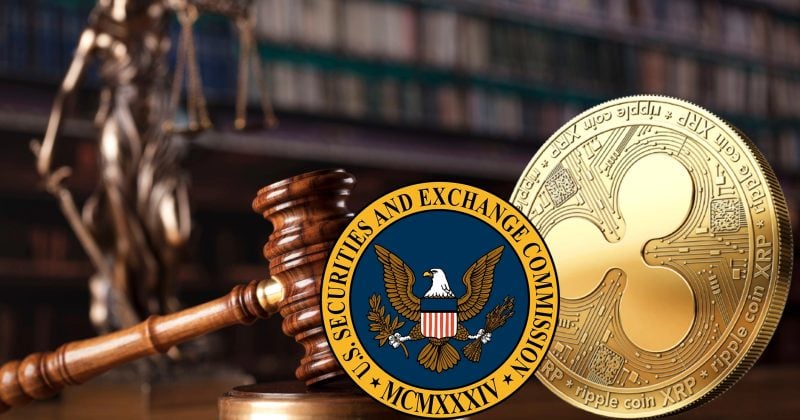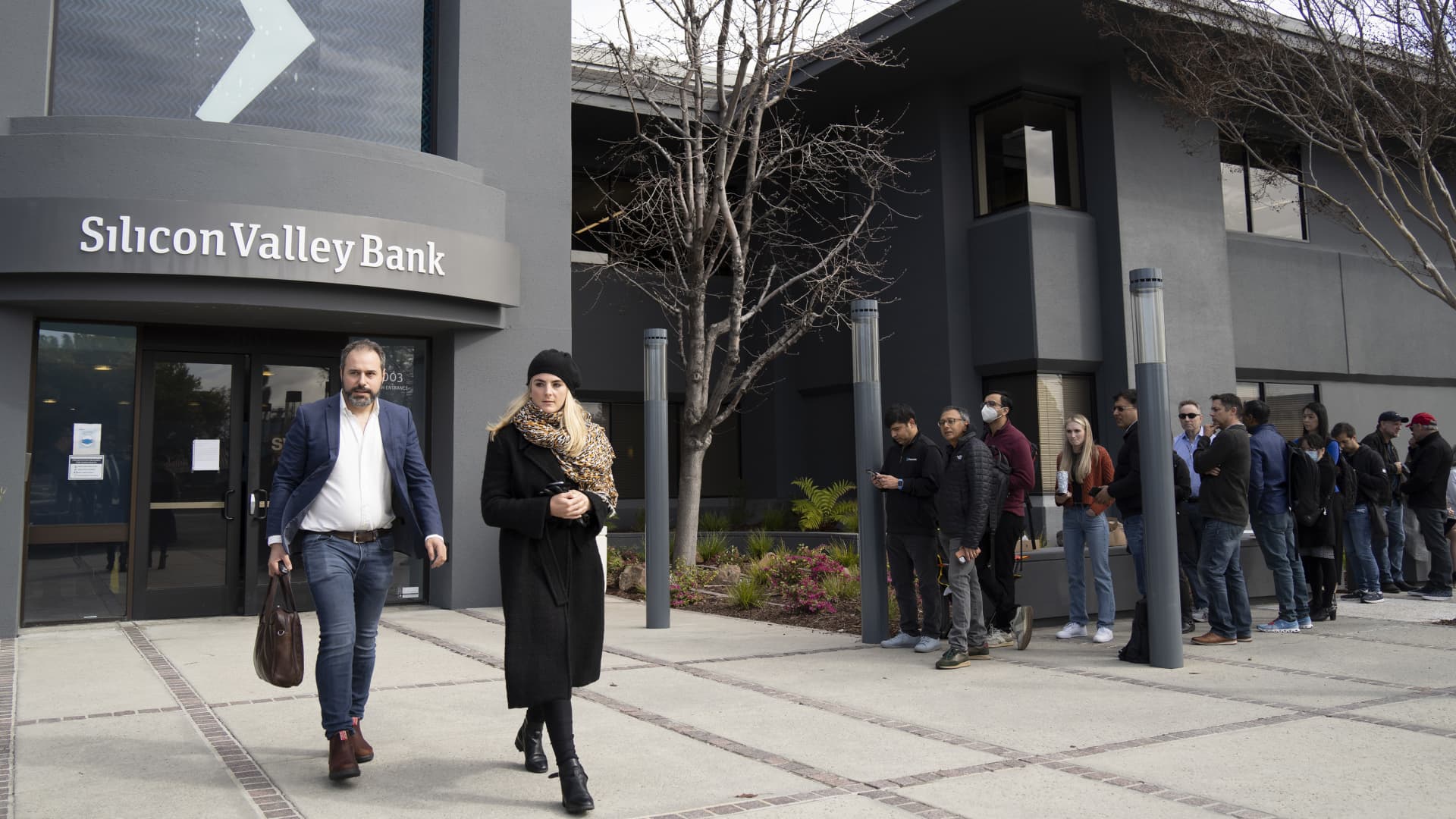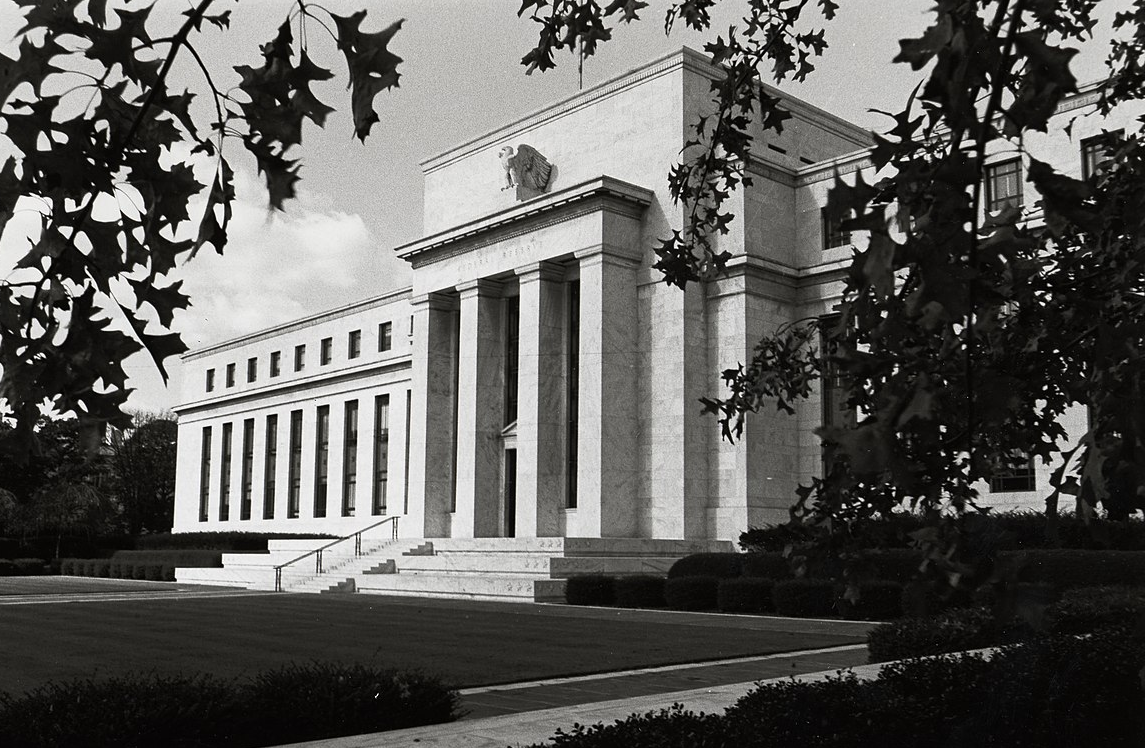Bitcoin, the mysterious digital currency, has captured the world’s attention. Its origins, shrouded in mystery, have the potential to revolutionize the financial system around the world. Rocketing to an impressive $45,000 per coin, Bitcoin has emerged as the best-performing asset in the past 15 years. This exponential rise in value has not only propelled Bitcoin into the limelight by transforming early adopters, investors, and everyday people like yourself into millionaires. The soaring price has fueled intense debate in financial circles.
Despite the sustained increases in prices, critics of Bitcoin are stuck in their narratives surrounding Bitcoin that it will never be able to succeed as a digital payment technology. You may have even heard it yourself that Bitcoin is limited to just 7 transactions per second, which is not nearly enough to compete with the millions of transactions that VISA processes. Supposedly, Bitcoin will fail as it cannot function as a practical payment technology.
In this article, we’ll unravel why this argument is a red herring, diverting attention from Bitcoin’s true value. Beyond the debates and criticisms, lies a profound revelation about Bitcoin’s true value.
In 2008, Satoshi Nakamoto introduced Bitcoin in a white paper titled “Bitcoin: A Peer-to-Peer Electronic Cash System.” Satoshi envisioned Bitcoin as a decentralized digital payments technology, a means to enable transactions around the world without the need for Banks. This Electronic Cash narrative has significantly shaped how the public perceives it. Detractors argue that Bitcoin’s limited transaction speed — only processing around seven transactions per second — renders it impractical for everyday use. This criticism led the charge in the debate against Bitcoin’s potential as a payment technology.
The fixation on transaction speed distracts from the true value proposition of Bitcoin. In the following sections, we’ll unveil the real essence of Bitcoin — an essence grounded in scarcity and its unparalleled role as a store of value.
At the core of Satoshi’s whitepaper is the fact that he designed Bitcoin to have a limited number of coins that will ever be produced — 21 million. Bitcoin invented true scarcity. No other asset on the Planet can call itself truly finite, the opposite of infinite. Scarcity is what makes Bitcoin valuable.
Unlike traditional fiat currencies that can be printed without bounds, gold that can be mined from the earth, and new homes that can be constructed, Bitcoin has a fixed supply capped at 21 million coins. This scarcity positions Bitcoin as a digital rarity, with no competition.
As governments worldwide grapple with inflation, Bitcoin’s store of value properties has made it into a hedge against the devaluation of traditional currencies. While your eggs at the grocery store have doubled in dollar price over the last two years, if you measured the price of eggs in bitcoin — they would have gotten cheaper. The same can be said about your gasoline at the pumps and even the price of a home. This is the dirty secret of bitcoin. An individual like you or me can gain immense value from simply holding their savings in bitcoin while never once using it as a payment technology.
However, despite the compelling case for Bitcoin as a store of value, the prevailing narrative in public discourse often revolves around its potential as a digital payment solution. This fixation on Bitcoin as a transactional tool overshadows its fundamental role as a hedge against economic uncertainty, inflation, and currency devaluation. It’s crucial to shift our perspective and recognize that while Bitcoin can indeed facilitate transactions, its true power lies in its function as a reliable store of value — a digital gold that transcends borders and traditional financial systems.
In conclusion, as we navigate the evolving landscape of digital currencies, it’s essential to grasp the multifaceted nature of Bitcoin. Beyond its utility as a medium of exchange, Bitcoin’s primary strength lies in its ability to safeguard wealth in a world characterized by economic volatility. So, the next time you hear someone dismiss Bitcoin as merely a payment technology, remember the deeper narrative — the story of Bitcoin as a store of value, rewriting the rules of traditional finance.
I invite you to share your thoughts and opinions in the comments section below. If you enjoyed this article, please subscribe for future content. Thank you, from Bitcoin Basics.














.jpg?h=c673cd1c)

